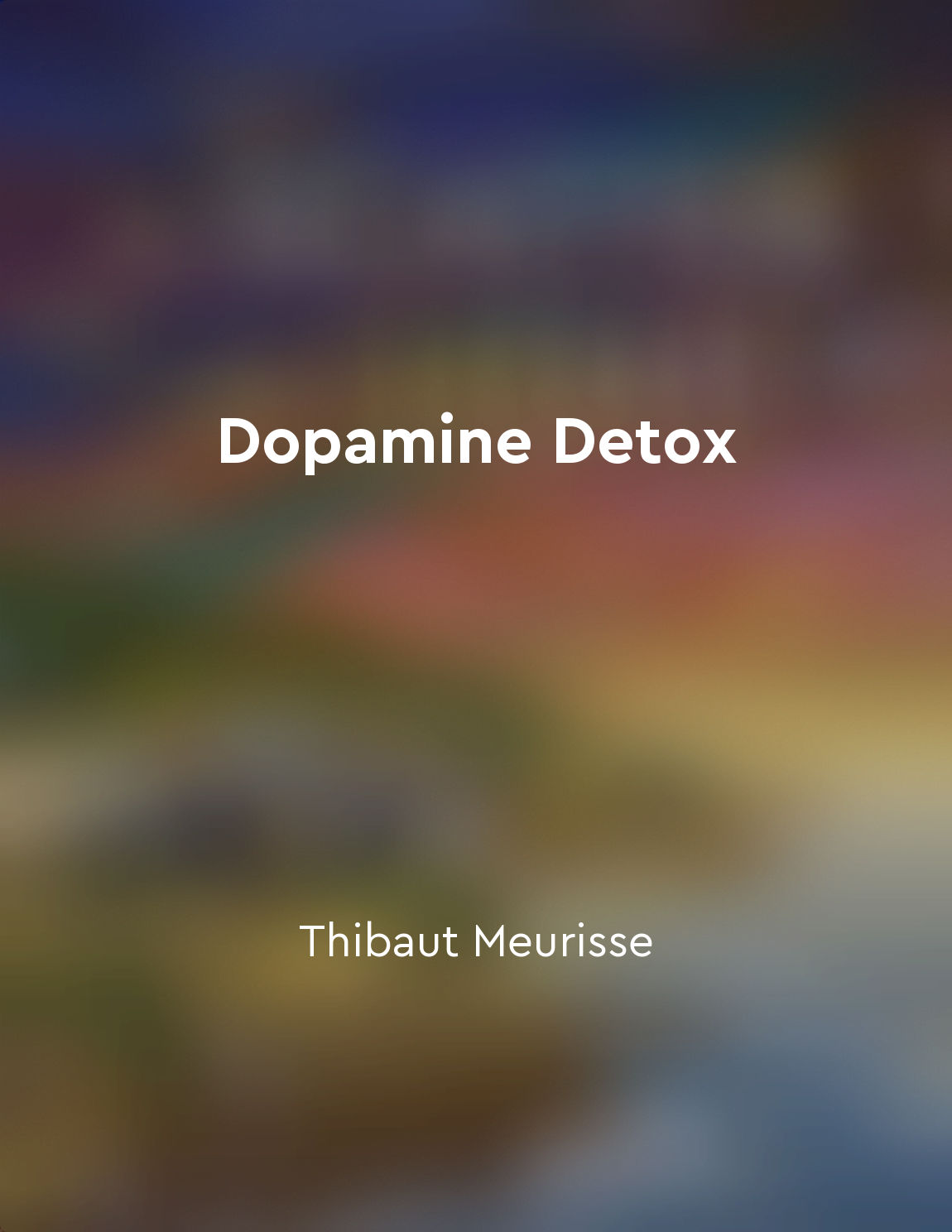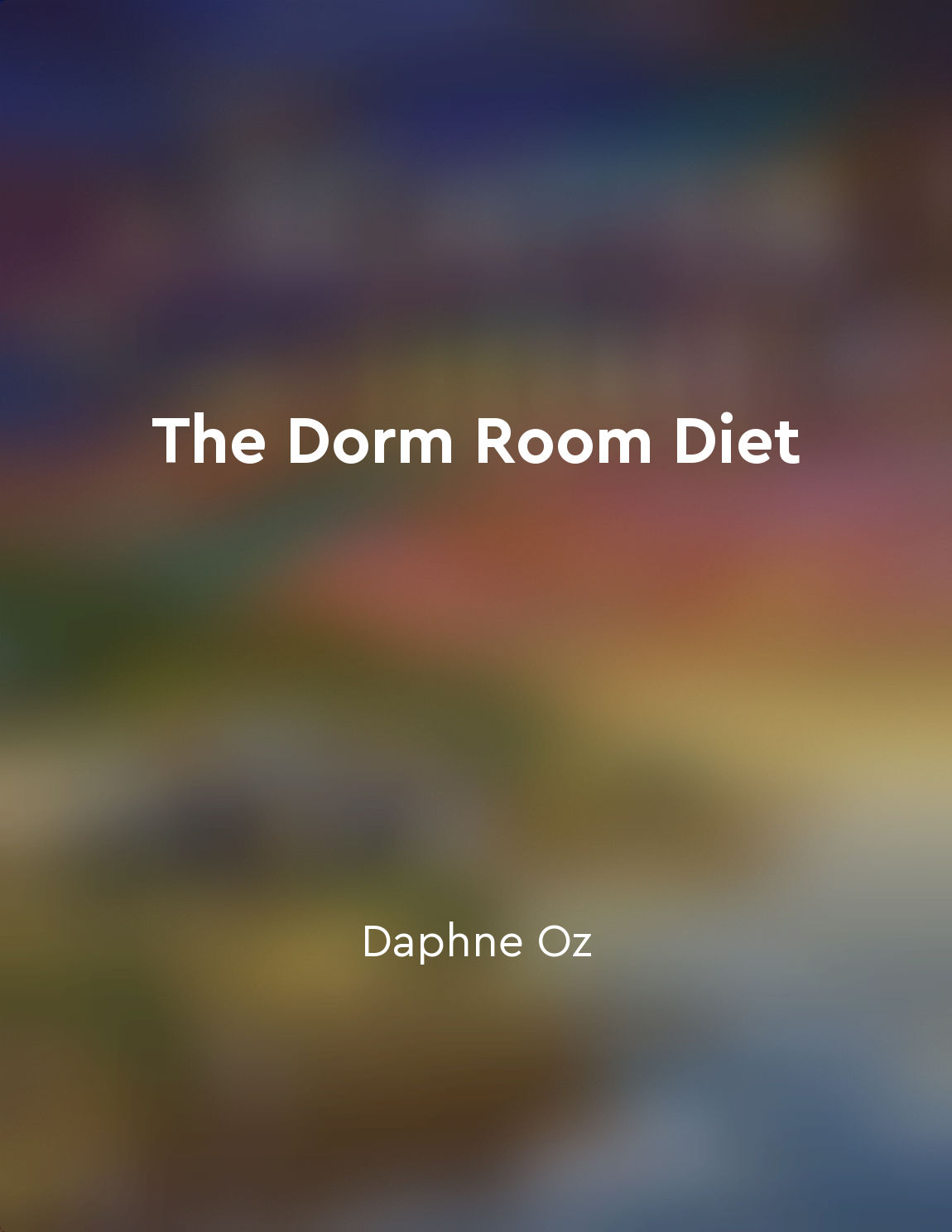Audio available in app
Blue light from screens can interfere with sleep from "summary" of The Sleep Solution by W. Chris Winter,M.D.
Blue light from screens can interfere with sleep. Our ancestors did not have to contend with such issues. For them, the sun went down, and they went to bed. But now, we have electronic devices that emit blue light, which can wreak havoc on our sleep. This blue light has the power to suppress our body's natural production of melatonin, the hormone responsible for making us feel sleepy in the evening. When we expose ourselves to blue light in the evening, whether it's from our smartphones, tablets, computers, or TVs, we are essentially telling our bodies that it is still daytime. Our brains get confused and delay the release of melatonin, making it harder for us to fall asleep at night. This disruption of our circadian rhythm can lead to difficulties falling asleep, staying asleep, and getting restorative sleep. Studies have shown that individuals who use electronic devices before bedtime take longer to fall asleep and experience poorer sleep quality compared to those who avoid screens. The negative effects of blue light on sleep are not limited to adults; children and teenagers are also at risk. In fact, adolescents who use screens before bed are more likely to report feeling tired during the day and have trouble concentrating in school. To combat the detrimental effects of blue light on sleep, experts recommend limiting screen time in the evening, especially within an hour of bedtime. Some devices now come with features that filter out blue light, making it easier on our eyes and sleep. Additionally, establishing a bedtime routine that does not involve screens can help signal to our bodies that it is time to wind down and prepare for sleep. Despite the challenges posed by modern technology, it is possible to improve our sleep quality by being mindful of our screen use and making small adjustments to our evening routine. By prioritizing our sleep and creating a sleep-friendly environment, we can better protect ourselves from the disruptive effects of blue light.Similar Posts
Eliminate distractions and concentrate on your goals
To achieve success, it is crucial to eliminate distractions and focus on your goals with unwavering determination. Distractions...

Reflect on the lessons you've learned during the detox and how they can inform your future choices
As you near the end of your dopamine detox, it's important to take some time to reflect on the valuable lessons you've learned ...
Cultivate gratitude and mindfulness practices
One of the key practices that can help parents simplify and enrich their lives is to focus on cultivating gratitude and mindful...

Stay hydrated
It is essential to remember to drink water regularly throughout the day to keep your body hydrated. When you are dehydrated, yo...
Evaluate evidence for and against
When you are evaluating evidence for and against a belief or thought, it is important to consider all available information in ...
The mind and body are intricately connected
The mind and body are not separate entities but are deeply intertwined, influencing each other in profound ways. Our thoughts, ...

Setting clear goals is essential for academic achievement
When it comes to academic success, having clear goals is absolutely crucial. Without a specific target to aim for, it's easy to...
A positive attitude can enhance mental acuity
Maintaining a positive attitude in life can have a profound impact on our mental acuity. Research has shown that our mindset an...
Prioritize your child's wellbeing above all else
Above all else, your child's wellbeing should be your top priority. This means thinking about their mental, emotional, and phys...

Practice mindful eating to savor each bite
When you sit down to eat, try to focus solely on the food in front of you. Take a moment to appreciate the colors, textures, an...
